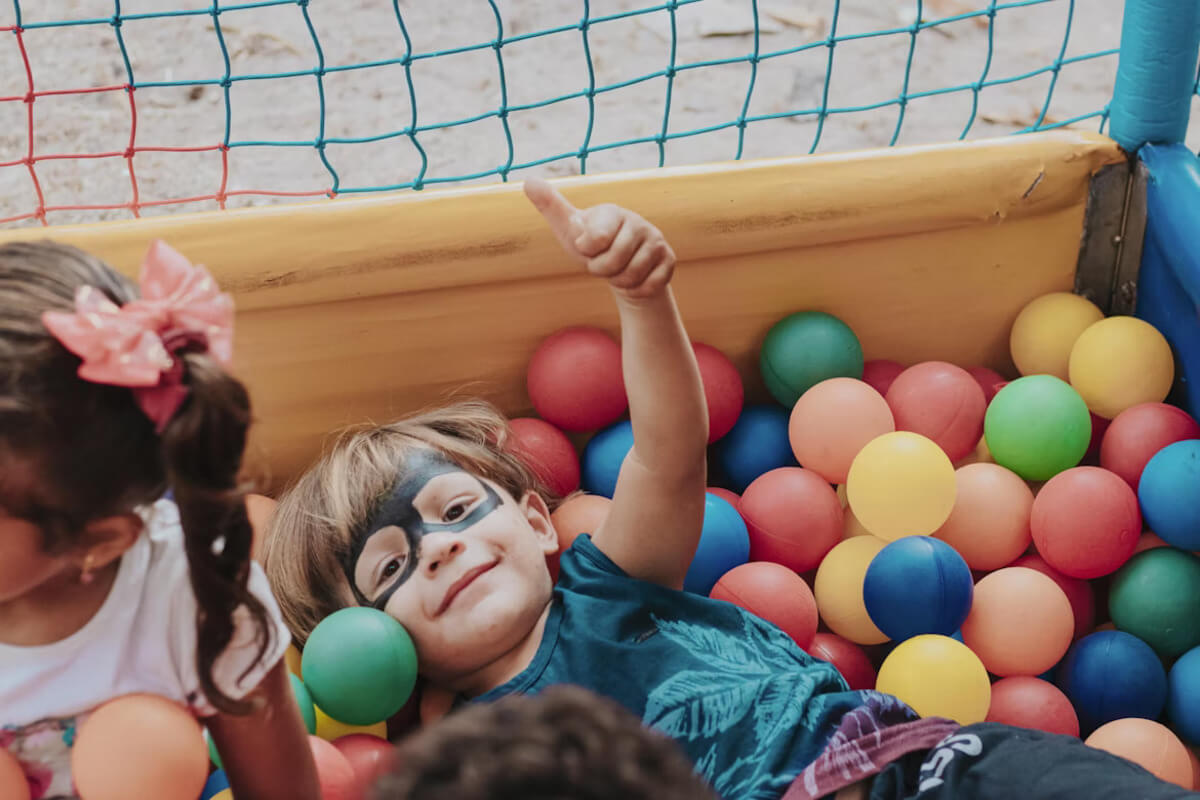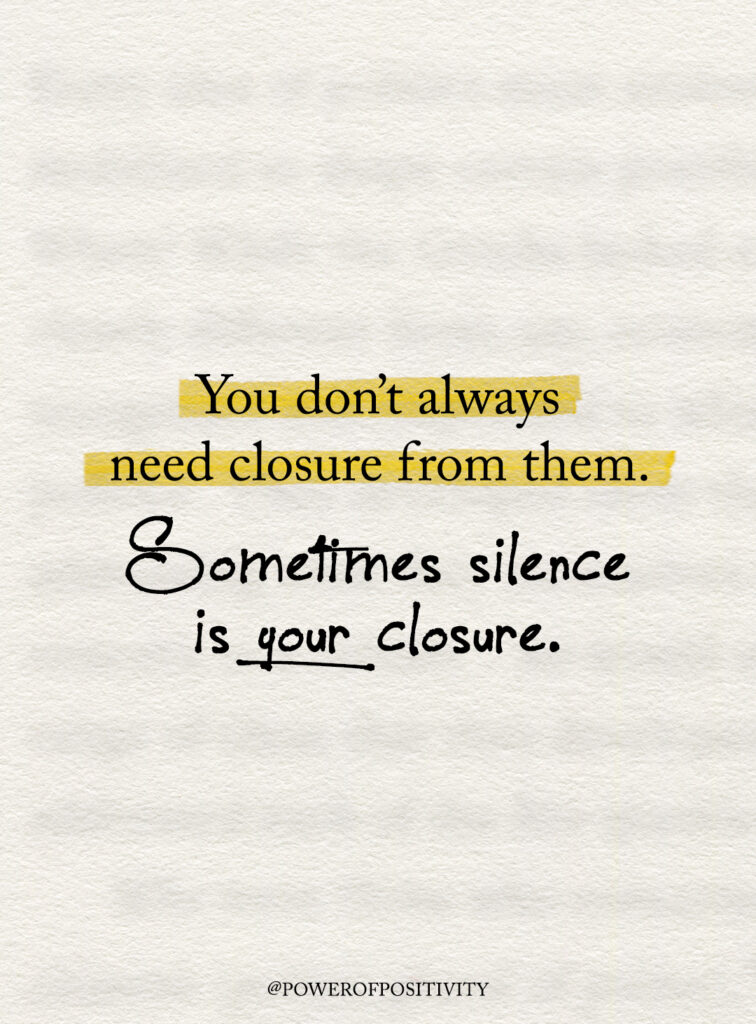Every parent has seen it—a child lost in giggles while stacking blocks, chasing bubbles, or playing pretend. What looks like simple fun is actually hard work for the brain. Through play, kids sharpen memory, practice problem-solving, and learn how to handle big feelings. It’s the kind of training that quietly shapes who they’ll become.
Play is also where social skills grow. Taking turns in a game or making up rules with friends teaches patience, teamwork, and fairness. These lessons stick in ways that no lecture ever could. Experts even link play to stronger success in school because it makes learning feel natural, not forced.
Still, free time for play is shrinking. Packed schedules, screen time, and safety worries often push play to the side. That’s why protecting it matters so much. When kids lose play, they miss out on the very things that make them confident and resilient.
Think of play as childhood’s superpower—quiet but mighty. It keeps kids balanced, happy, and ready for life’s challenges. Families who make room for play aren’t just giving their kids fun moments. They’re giving them the tools to thrive.
A Case for Protecting Play
Kids today are playing less than ever before. Many schools shorten recess, families fill schedules with lessons and activities, and screens take over free time. The result? Fewer chances for children to tap into childhood’s superpower.
Experts warn that without enough play, kids lose skills that can’t be replaced by books or devices. Pediatricians and child specialists agree: play is not optional, it’s essential.
Here’s why protecting play matters:
- Recess cut short: More testing often means less unstructured play.
- Busy routines: Parents juggle work and kids’ activities, leaving little downtime.
- Screen habits: Devices replace real connection and creativity.
It’s up to families, schools, and communities to give play the space it deserves. Protecting play means giving kids the best chance to grow healthy, confident, and ready for life.
Age-Specific Superpowers of Play
Birth to 6 Months
The earliest months show just how powerful play can be. Babies use play to connect, learn, and grow.
- Smiling back-and-forth teaches trust and early social skills.
- Cooing games build the base for language.
- Peek-a-boo introduces object permanence, showing that things still exist even when hidden.
- Different textures, sounds, and colors strengthen the brain’s wiring.
7 to 12 Months
As babies start moving, play becomes even more active.
- Crawling games improve coordination and strength.
- Dropping and picking up toys teaches cause and effect.
- Playing with mirrors helps babies recognize themselves and sparks self-awareness.
- Simple “chase me” games or rolling a ball encourage problem-solving.
1 to 3 Years
Toddlers turn almost everything into play. These years are filled with discovery and learning.
- Blocks, puzzles, and containers build early math and logic skills.
- Pretend play—like cooking in a toy kitchen—boosts imagination and emotional growth.
- Playdates with peers help kids learn sharing and cooperation.
- Songs, clapping games, and rhymes strengthen memory and language.
4 to 6 Years
Preschool and kindergarten years show just how much play shapes social and emotional health.
- Pretend roles like “teacher,” “doctor,” or “superhero” expand empathy and communication.
- Group play encourages teamwork, patience, and leadership.
- Arts and crafts boost creativity and expression.
- Music, dancing, and movement activities support memory and focus.
- Outdoor play, from climbing to running, sharpens coordination and gives energy an outlet.
Across all ages, play keeps showing itself as childhood’s superpower—a steady force helping kids grow in ways no lesson plan can replace.
Types of Play and What They Teach
Different kinds of play give kids different benefits. Mixing them ensures well-rounded growth.
Object Play
- Babies experiment with toys, shapes, and textures.
- They learn problem-solving and cause-and-effect through trial and error.
- Older kids use objects symbolically—like pretending a block is a phone—building abstract thinking.
Physical Play
- Running, climbing, and jumping build strength, balance, and motor skills.
- Taking safe risks (like sliding down a playground slide) builds confidence.
- Active play lowers obesity risk and improves sleep and mental health.
Outdoor Play
- Time outside boosts attention span and focus.
- Nature sharpens spatial awareness and balance.
- Studies show more recess often leads to better academic results.
- Outdoor play also teaches kids to appreciate the environment.
Pretend Play
- Kids practice roles, like being a parent, teacher, or shopkeeper.
- Pretend games improve empathy, communication, and social problem-solving.
- Imaginary play also sparks creativity and confidence.
Every type of play is a piece of childhood’s superpower, offering kids tools they’ll use far beyond childhood.
Play as a Stress Buster
Life brings stress even to young children. Play is one of the best ways to release it.
When kids laugh, move, and imagine, their bodies calm down. Stress hormones drop, and happy chemicals rise. Experts note that playful parent–child interaction—whether it’s a silly game or shared story—helps kids regulate emotions and feel safe.
One study found that preschoolers entering a new classroom felt less anxious when given 15 minutes of playtime compared to those who only listened to a story. The playful group adjusted faster and showed more confidence.
Play is not just fun—it’s protection. It shields kids from stress, builds resilience, and keeps emotions balanced. That’s why it’s called childhood’s superpower in action.
Bringing Play Back Into Daily Life
Parents, teachers, and communities all play a part in keeping play alive. Small changes can make a big difference.
At home:
- Set aside at least 30 minutes for unstructured play each day.
- Keep simple toys like blocks, balls, and puzzles handy.
- Limit screen time and swap it for outdoor or creative play.
At school:
- Support recess as a key part of learning.
- Encourage teachers to use playful learning methods.
- Mix movement breaks into long lessons.
In communities:
- Advocate for safe playgrounds and parks.
- Organize local play groups or activity clubs.
- Offer low-cost sports or art programs.
When kids get the chance to play daily, they thrive. Families and communities that value play help unlock childhood’s superpower, setting up stronger, happier adults in the future.
Final Thoughts: The Real Magic of Play
Play might look simple, but it’s the core of healthy growth. Without it, kids risk losing confidence, creativity, and connection with others. With it, they gain the foundation to face challenges and build strong relationships.
Every giggle, block tower, and pretend adventure is more than just fun—it’s preparation for life. Play teaches resilience, builds problem-solving skills, and strengthens emotional health.
Calling play childhood’s superpower isn’t an exaggeration. It is the hidden force shaping tomorrow’s leaders, friends, and dreamers.
The best gift parents, teachers, and communities can give is time and space to play. It costs nothing but brings lifelong rewards.















